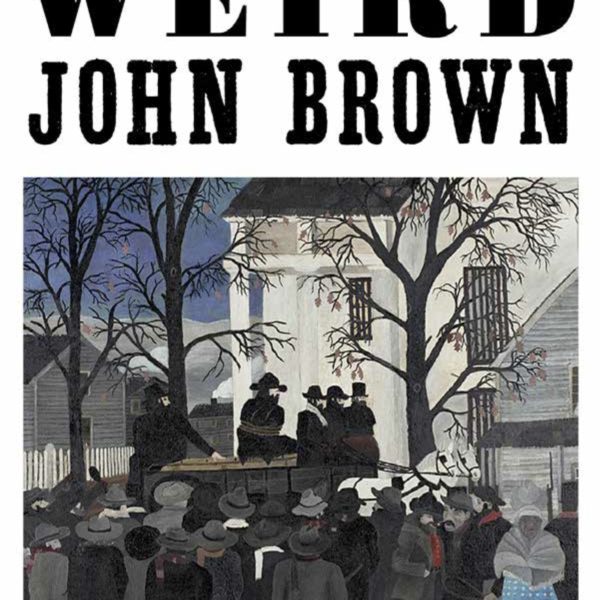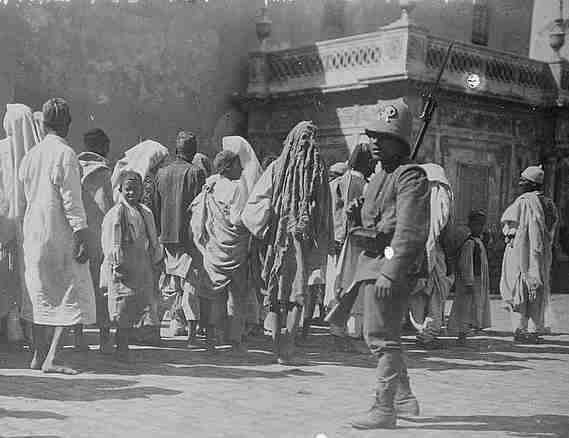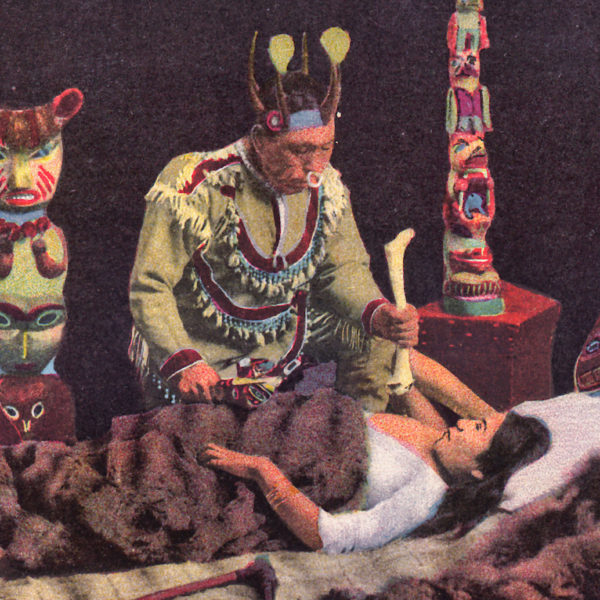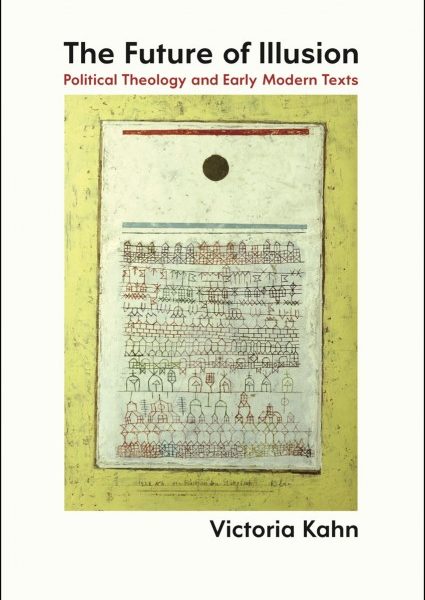
. . . In the book I think about what it would mean to see Brown as a “Great Criminal” who did wrong but can still be read as a sign of a divine violence that breaks the hold of the slave system on social imaginations and so makes possible not just new ways of seeing the world, but new ways of acting, new ways of connecting with others, and new ways of deliberating together.

Ted Smith delivers an unprecedented thesis about Brown’s violent assault on slaveholders as the human side of a “divine violence.” From beyond the limits of any earthly system of political justice and social ethics, this is a divine judgment against the validity of an entire system of political ethics. Addressed, for one, to American ethicists today — both those who teach and study in the university and those who voice their ethical judgments on street corners, in churches, and across the Sunday dinner table — Smith’s words, while gently spoken, deliver their own report of divine judgment.

A bishop recently said that 90% of the homilies he has ever heard can be boiled down to two words: “Try harder.” Of all the things that Ted Smith’s book does well, the most compelling for me is his attempt to critique the ethical confines to which reflection on politics and violence — along with so much else — is often limited.

In conjunction with the Marginalia (part of the LA Review of Books), Political Theology Today has organized a symposium on Ted Smith’s extraordinary new book Weird John Brown: Divine Violence and the Limits of Ethics. Over the coming two and a half weeks, we will host responses to the book from E. Brooks Holifield, William Cavanaugh, Peter Ochs, Keri Day, and Andrew Murphy, concluding with a response to the responses by author Ted Smith. Here is the first response, from E. Brooks Holifield of Emory University.

One of the most important tasks for political theologians today is the cultivation of capacities for democratic reasoning about exceptions to the rule of law. The task is important because liberal societies face – or at least believe they face – a number of threats that seem to require exceptional measures in response. The pressure to make exceptions grows stronger, even as we find ourselves with fewer and weaker resources for thinking about them.

The Middle East has erupted in series of violent protests, with one in Libya killing four U.S. nationals, including the American ambassador. The media as well as some the protesters claim that the protests were precipitated by an anti-Muslim film that was originally attributed to the US (or the west more generally), but has been revealed to be produced by a Coptic Christian from Egypt. The video depicts the prophet Muhammad participating in sexual activities and announcing that he is a homosexual. The media claims that the video was created to incite Muslims and now the protesters are mistreating the US, who aided in the liberation of the Arab spring. The erroneousness of the US paternalistic narrative aside, the video is being used by the media as a tool to mythologize US imperialism in the Middle East. The video contains an allegory that disguises true forms of power and domination, cloaking it within the narrative of religious conflict….

What brought Strauss into conversation with Schmitt was their mutual disillusionment not just with the political liberalism of the Weimar Republic but with post-Enlightenment liberalism in general. For theoretical solutions on how to ground political authority in something more substantial than Enlightenment rationalism, they both turned to aspects of pre-modern traditionalism – for Schmitt, an authoritarian Catholic political theology, for Strauss the recovery of ancient political philosophy and its medieval transmitters. On the practical plane, they both thought that parliamentary democracy was utterly unequipped to cope with the various crises afflicting postwar Europe. As a Jew, however, Strauss had no chance of signing on with the various authoritarian options on offer during the 1930s, since they invariably included anti-Semitism as part of their program and ideology. Both men shared ambivalent relations with their respective religious traditions and have even been suspected of covert atheism. In the end, Schmitt’s Catholicism, however episodic and selective, seems to have been more integral to his thinking than Strauss’ ancestral Judaism was to his.


